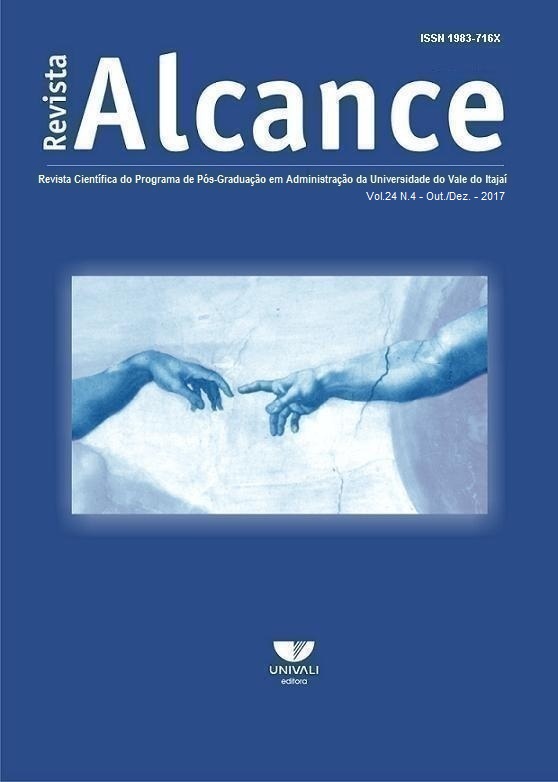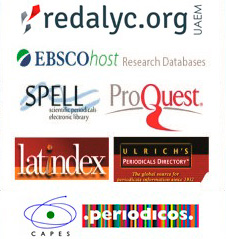MOTIVATION, COMMITMENT, AND EXHAUSTION AT WORK: AN ANALYSIS OF THE BANKING EMPLOYEES
DOI:
https://doi.org/10.14210/alcance.v24n4(Out/Dez).p535-553Keywords:
Work Motivation. Commitment. Exhaustion at work. Bank employees.Abstract
This article aims to characterize the relationships between Motivation for Work, Affective Commitment and Emotional Exhaustion in workers of a banking institution in Rio Grande do Sul, Brazil. Three scales were applied; the Multidimensional Motivation Scale for Work, the Affective Organizational Engagement Scale, and the Burnout Characterization Scale. The research, which used quantitative and descriptive approaches, had 361 respondents. Cross-tabulation, Pearson's chi-square test, the arithmetic mean, standard deviation, and student’s-t test were applied. The main results indicate a predominance of motivational aspects related to the work across all the factors of motivation, and that compared to the workers of other organizations, the employees of the bank in question had higher controlled motivation, but less autonomous motivation. Affective Compromise was higher compared with other organizations, and Emotional Exhaustion tended to be low, although among workers of the bank agencies, the levels of exhaustion were higher than among the management of the central bank. These results should be considered by the Human Resources area when planning interventions to promote workers' health, as well as guiding leadership actions to promote greater autonomy in labor relationsDownloads
Published
2018-06-07
Issue
Section
Article


